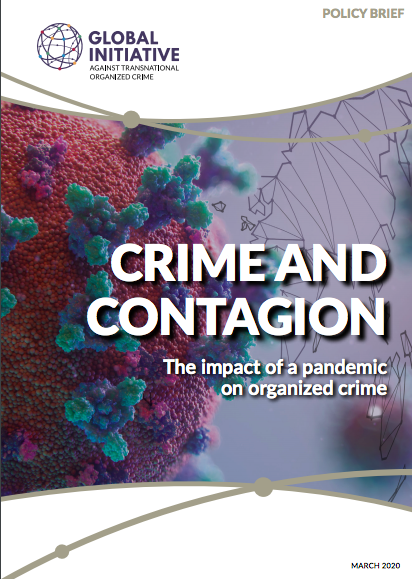The fallout of the COVID-19 pandemic is having profound impacts on society and the economy, and it will also influence and shape organized crime and illicit markets. The institutional response to the pandemic and the consequent reshaping of socio-economic norms worldwide will affect how criminal networks operate, as well as the nature of law-enforcement responses to them. At these early stages of the pandemic, these impacts may be difficult to fully understand, and appropriate responses difficult to gauge. What seems clear, however, is that the pandemic has reduced some organized-criminal activities while simultaneously providing opportunities for new ones, and these changes in the organized-criminal economy could have long-term consequences. The realignment of state resources – in particular police services in responding to the virus – and the role of criminal groups, may have important influences on how such state services and groups evolve in the months to come. Vulnerable groups, such as people who use drugs or victims of human trafficking, may be particularly hard hit by the impact of the virus. This brief is a result of information garnered from our networks and civil-society partners in the field, and draws from a comprehensive review of reporting on the impact of the coronavirus on criminal groups and illicit markets.

